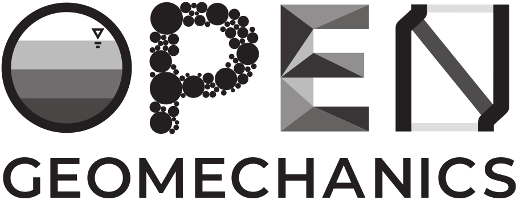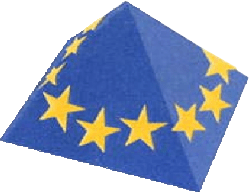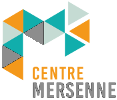 Jelke Dijkstra
Jelke Dijkstra
I have about 10 years of research experience in geotechnics and geomechanics. I have been educated at TU Delft where I also started my academic career. Nowadays I am an Associate Professor at Chalmers University of Technology in a modestly sized research group with 17 people of which 5 are permanent. I have had the opportunity to be a visiting academic for 3 months at the University of Western Australia in Perth Australia, the Norwegian Geotechnical Institute in Oslo Norway, University of Strathclyde Glasgow UK, Laboratoire 3SR in Grenoble France and some shorter stints in other places, most notably TU Dresden.
Research topics
My research is aimed at putting fundamental understanding in simple geotechnical concepts and 21st data processing in geotechnics. Often by developing unusual experimental techniques or a new take on employing advanced numerical methods and constitutive models. Lately my focus has been on natural soft soils and their response to monotonic, cyclic, thermal and electro-chemical loading. Applications are mostly in geotechnical engineering, including but not limited to high-speed rail, deep foundations, energy piles, soft soil sampling and ground improvement. I have been developing various experimental techniques of which a special kind of polariscope to quantitatively measure birefringence (based on the principles of phase stepping photoelasticity) was the most elaborate. My latest fundamental interests are in test miniaturisation to enable advanced x-ray based observations and unravelling the complexity of quick clay. Furthermore, from a point of application, sensor and model development for geotechnical monitoring and decreasing user bias in the evaluation of element level laboratory data for advanced numerical modelling (calibration, optimisation and validation).
Why Open Geomechanics
The majority of research on scientific developments point at the need for a large number of active participants with different backgrounds and open communication with room for radical stand points. Furthermore, the participants should uphold a high standard and research ethics, to prevent sliding down the path towards mediocrity. I am of the opinion that the progress in our discipline will be substantially faster by offering open communication of the highest quality in full detail, a platform for radical ideas with short turn-around times. All this without meddling by publishing houses in the dissemination process, especially not at an exorbitant fee for end-users.
Statement of interests
I am employed by the Chalmers University of Technology, my salary is for 30%-40% covered by education and other administrative duties, the remaining part I need to supplement from external grants and industry research contracts. As a result, I interact with the private sector, state bodies as well as research organisations. The majority of my research funding is funded publicly, by fundamental and applied funding councils in Sweden and the Netherlands, European Council, public bodies in Sweden (mainly Swedish Transport Authority). I received private funding for my projects or projects I participated in from: Shell, Sellafield, Strukton, Giken, NCC, PEAB, HSB (for a total <5% of my total funding).



